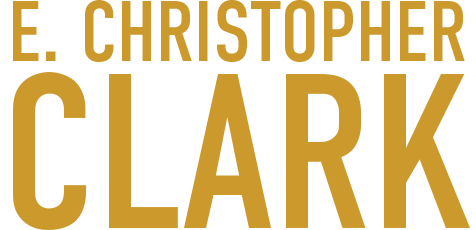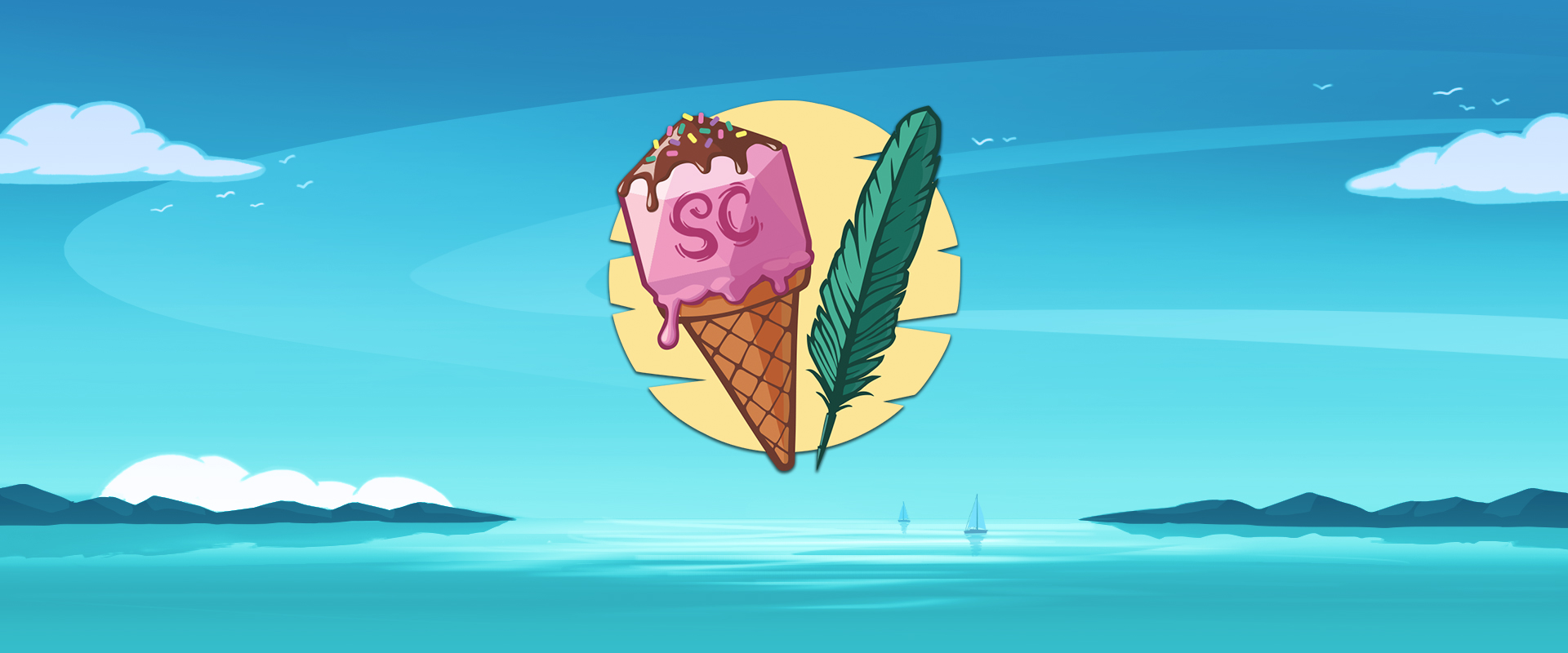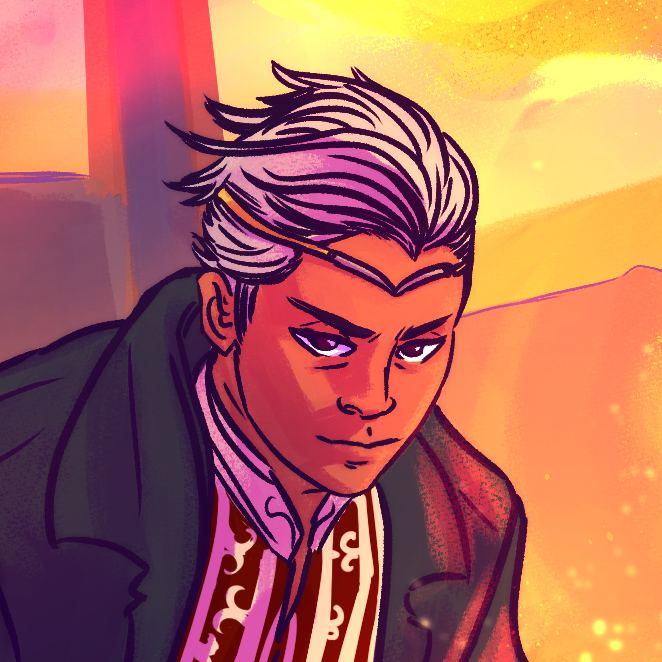Thakhë ës Mora (ðakˈhe es moˈra)
A Thakhë ës Mora is a necklace or pin featuring the symbol of The Old Faith. The wearing of this mark is seen as a public declaration of one’s commitment to the church—and, by extension, to the sister goddesses Mira and Phina.
In the past, it was thought by many to act as a talisman against misfortune. In the modern day, however, that belief is believed to be pure bunk and superstition. That said, the most devout Dhoshmorans—the real zealots of the religion—still believe that the wearing of a Thakhë ës Mora is all the armor they’lll ever need in the ongoing battle against imbalance in the universe.
Design and Symbolism
The symbol of the Old Faith, as depicted on a Thakhë ës Mora, is meant to be iconic enough that a child could draw it but meaningful enough that a stranger passing by might understand what it is meant to symbolize.
Though more complex variations exist, the basic symbol involves four elements:
- A circle
- A straight line, drawn down the middle of the circle—from top to bottom—cleaving the circle in twain
- A greater-than sign drawn in the center of the lefthand semicircle
- A less-than sign drawn in the center of the the righthand semicircle
Each semicircle is meant to represent one of the forces represented by the sister goddesses: chaos and order. Debate rages over which side is meant to represent which goddess, or if the whole point is that either side could represent either one of them. What is agreed, however, is that the up-down line that each acute angle is pointing towards represents the balance that the goddesses are trying to achieve—and that we should all be working towards in our day-to-day lives.
Construction
Though Thakhë ës Mora necklaces and pins are commercial available, traditionalists frown on buying something you could—and should, in their minds—craft yourself. The second-best option, according to the traditionalists, is to wear one that was made for you as a gift—which is, of course, what the very young do in the years before they have learned the art of chiseling and jewelry-making themselves.
And while any stone will work as raw material for a Thakhë ës Mora, some dwarves pay homage to their mountain worshipping ancestors by crafting their Thakhës from stone taken from their familial mountain.







I really like that you can buy it, but it is much better (and less frowned upon) if you buy your own.
Explore Etrea | March of 31 Tales
Yeah, I thought that would an important cultural thing—given that it began as a dwarven religion and they place a high value on being able to build things one's self.